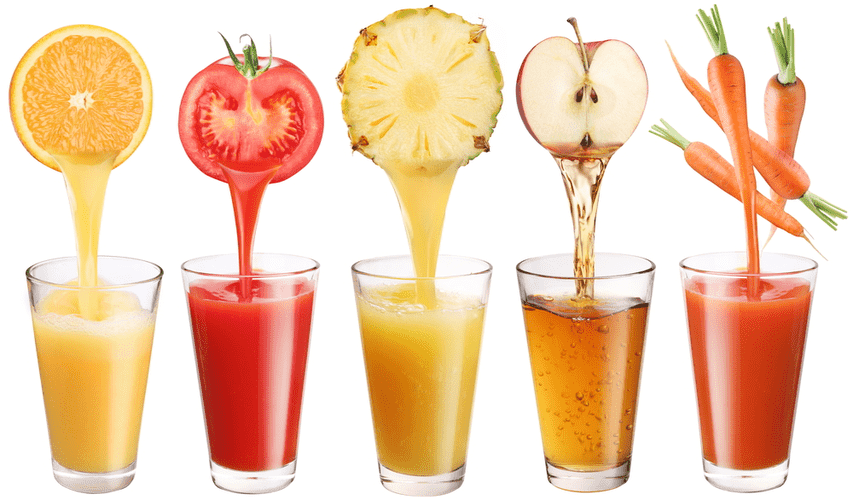If you answer “yes” to six or more questions, your symptoms align with severe AUD. Consult with a licensed mental health professional to further explore AUD. What’s most important is to look at your drinking habits and find a way to cut back that works for you. Mainstream advice recommends cutting down gradually to control your alcohol intake.
Build a Plan to Fight Cravings
You’re also at a higher risk if you have a history of epilepsy, hypoglycemia, or an electrolyte imbalance. Get rid of all beer, wine, and liquor, as well as any products that contain alcohol, such as rubbing alcohol and vanilla extract. If throwing everything away feels too hard, give it away to a friend or family member. Be prepared.Talk to your doctor or a drug treatment specialist about what to expect. Once you leave an inpatient program, you’ll be connected to resources you can continue to use, such as support groups or doctors or therapists in your area. Alcohol is the only drug where people think you have a problem if you don’t do it.
Addiction and Identity Ted Talk
An important first step is to learn more about alcohol use disorder and your treatment options. Alcohol use disorder is what doctors call it when you can’t control how much you drink and have trouble with your emotions when you’re not drinking. Some people may think the only way to deal with it is with willpower, as if it’s a problem they have to work through all on their own. Start by marijuana addiction talking to any doctors, nurses, or therapists you may already be seeing. Talking with an addiction therapist or medical specialist can assist you in your goal to stop drinking. At True Self Recovery in Arkansas, we offer free insurance verification for our clients who feel they need some help.
It may feel hard to talk honestly to your doctor about your alcohol use. Remember that their goal is to help you get healthy, not judge you. Once they understand your drinking history, they’ll be better able to suggest treatments that could help you. Symptoms of alcohol withdrawal can range from mild to serious and can sometimes be life-threatening.
Main Content
- Millions of readers rely on HelpGuide.org for free, evidence-based resources to understand and navigate mental health challenges.
- Excessive drinking has numerous impacts on your body and mind, ranging from mild to severe.
- Keep a record of your drinking to help you reach your goal.
Clear communication fosters encouragement and accountability. Their programs integrate behavioral therapies, holistic treatments, and relapse prevention strategies to address both the physical and emotional aspects of alcohol dependence. Seeking professional support through True Self Recovery can provide the structure, accountability, and guidance needed to achieve lasting sobriety. Assessing your relationship with alcohol begins with a thorough examination of your drinking habits.
Though it may be intimidating, it’s important to tell your family and friends about your choice to go sober. This allows them to support you in many situations, whether that means meeting up at alcohol-free locations or not offering you a drink when you come over. Similarly, this allows you to not worry about keeping alcohol around for guests, as they know your home is an alcohol-free space. Information provided on Forbes Health is for educational purposes only. Your health and wellness is unique to you, and the drinking again after sobriety products and services we review may not be right for your circumstances. We do not offer individual medical advice, diagnosis or treatment plans.
There’s no right answer, but you should go into quitting with a roadmap for your journey ahead. Even when you understand the benefits of quitting drinking, it still can be an intimidating prospect to actually kick the habit and know how to quit alcohol safely. The reality is there is no right or wrong way to give up alcohol. Tips for quitting drinking that work for another person may or may not work for you. Recognizing problematic drinking is the first step toward change.
Our approach combines the best aspects of professional care with the convenience of telemedicine—allowing you to receive expert support from your phone, on your schedule. Our guide on “How To Prevent Relapse—or Bounce Back From It” offers insight into navigating tricky social situations. Customize your plan to fit your lifestyle, and revise it as you learn what works best for you. At Ria, we offer weekly meetings with certified counselors to help members stay on track and build skills for long-term change. Ria Health offers several FDA-approved medications for alcohol use disorder.
Download the free 20-page booklet, “Rethinking Drinking: Alcohol & Your Health”.
Groups like Alcoholics Anonymous (AA), SMART Recovery, and online sober communities offer guidance and encouragement from those who understand addiction challenges. Benefits include peer support, relapse prevention strategies, and long-term motivation through regular meetings or check-ins. Faith-based groups like Celebrate Recovery provide spiritual encouragement. Engaging with a support group fosters connection, motivation, and commitment to lasting sobriety. You can work with a physician to better understand your risks given your medical history and drinking habits, and receive treatment based on your needs.

- You can seriously pursue your goals and invest in the type of life that you want.
- As you change your drinking, it’s normal and common to have urges or a craving for alcohol.
- Pregnant women who drink alcohol in any amount may harm the fetus.
Get therapy and medical care—just $25 with insurance, no hidden fees— for alcohol recovery, depression, everyday illnesses, and more. Replacing alcoholic beverages with non-alcoholic alternatives can be helpful during the weaning process. Seltzers, sparkling water, or mocktails can provide the sensation of having a drink in your hand without the alcohol. These alternatives can be a psychological aid, making it easier to stick to your tapering plan.

Replace Drinking Alcohol With Other Activities
By designating specific days of the week as https://autofficinabollinialdo.it/the-effect-of-the-severity-of-parental-alcohol/ alcohol-free, individuals can assess their reliance on alcohol and encourage healthier routines. This strategy allows people to reflect on their cravings and recognize patterns that may lead to excessive consumption. Understanding personal drinking habits can be pivotal in the journey to cut back. Notably, the 20-minute rule can help build a healthier approach.
Change can be hard, so it helps to have strong reminders of why the change is important to you and how you’ve decided to do it. As a service to our readers, Harvard Health Publishing provides access to our library of archived content. Please note the date of last review or update on all articles.


